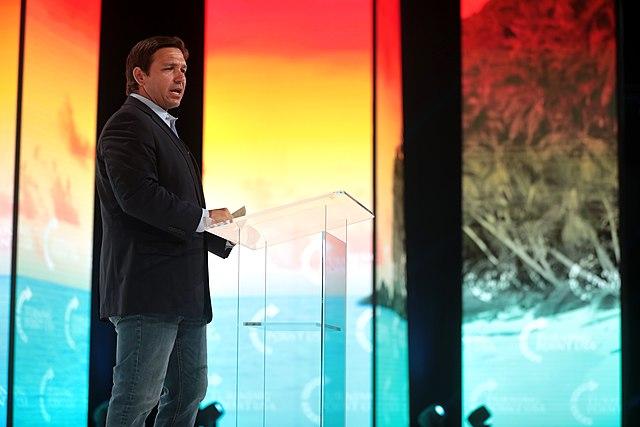A battle with a winner. A high-stakes race for the top spot. These attention-grabbing phrases frequently pop up in my news notifications, and I click immediately, expecting updates on wars or the Olympics. Instead, they’re followed by “political debate” or “electoral race.” With a large number of news outlets reporting on the same few events, newspapers scramble to attract viewers through sensationalized headlines. Internal competition in the media industry has led to the downfall of televised debates; once broadcasts containing useful information, these debates have shifted to airing childish antics. I believe that debates do not benefit the public anymore because they no longer spotlight policy. They are instead used by the media to generate clicks and by candidates to make their names notorious.
Admittedly, the excessive pomp and circumstance might be worth it if these debates actually influenced voters’ choices. However, a recent study shows that voters do not place notable weight on political debates when choosing where to cast their ballot. In the two months leading us to an election, which is typically when general election presidential debates are held, U.S. electors’ voting decisions are less flexible when compared to those in the six other countries studied. Voters are initially impacted by televised debates but quickly forget their contents. The jam-packed, never-ending news cycle causes debates to slip through the cracks despite their ostensible importance for civic engagement.
But why are voters initially affected by these debates? It must be the riveting plans candidates pitch to their audience, right? Wrong — the crux of these debates is the yelling, talkback, interruptions, callouts and attacks. Candidates aim for one thing during their time on screen: notoriety. They want to be remembered, and they don’t care how their name plants itself in people’s minds. Roger Stone, a political consultant for multiple presidents, including Donald Trump, flippantly remarked, “Politics with me isn’t theater. It’s performance art. Sometimes, for its own sake.”
In the first Republican primary debate, GOP candidate Vivek Ramaswamy took an extremist position by calling the climate agenda a hoax. Initially, many saw this as a foolish maneuver, myself included, because climate change is widely accepted as an important reality that needs to be addressed. However, Ramaswamy’s true motivations for causing such a stir became apparent after I saw his name splashed across every major news outlet post-debate. Ramaswamy’s unique stance gave him an edge in appealing to extreme right-wing voters, and media outlets advanced his platform by centering articles around his position. Meanwhile, candidate Governor Ron DeSantis was widely criticized for remaining on the sidelines simply because he failed to create such drama.
As a result, the “winners” of a debate may not be the most sensible candidates. Politics is, at its core, a popularity contest. To become popular, you have to be known. This leads candidates to resort to extreme tactics that decrease the legitimacy of our electoral system. It’s a strategy that got Trump elected in 2016, namely through his promise to “build a wall” between the U.S. and Mexico. Fame, or infamy, continues to boost Trump in the 2024 election cycle, as he remains popular despite multiple indictments.
Candidates are not the only ones fighting for the spotlight. Media outlets often participate in “horse race journalism,” a type of reporting that prioritizes polling data and public perception over candidate policy to gain clicks. The New York Times is guilty of this, as evidenced by this headline they published after the debate, “Ramaswamy Seizes Spotlight as DeSantis Hangs Back: 7 Debate Takeaways,”. This mirrors a Fox News headline, “First Republican debate: The biggest loser and the biggest winner.” Rather than publishing neutral headlines and outlining policy points for readers who may have missed the live debate, these newspapers called attention to the night’s drama. They focused more on candidate Chris Christie’s dig at Ramaswamy’s ChatGPT tone than the candidates’ views on inflation and unemployment.
Despite their differing political leanings, both The New York Times and Fox News leverage contention to keep money flowing and viewers entertained. Televised debates fuel these outlets for months, supplying dozens of articles chock-full of extremist views and petty behavior. This commodification of politics is harmful because it contributes to the steady decline in the public’s trust in the government. How can we rely on our government when the people in office can’t even abide by elementary-level norms?
In 1960, the U.S. organized the first televised presidential debate between Richard Nixon and John F. Kennedy. Today’s star-studded podiums and electronic walls are a far cry from the wooden chairs and plain backdrop of decades past. But like technology and design, our perception of politics and how we obtain information has changed. We need to reconsider whether our resources should continue funding something akin to reality TV or if they should be allocated to something — anything — more productive for voters and this country.




